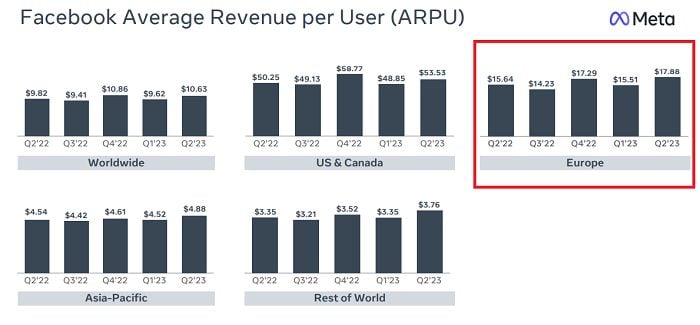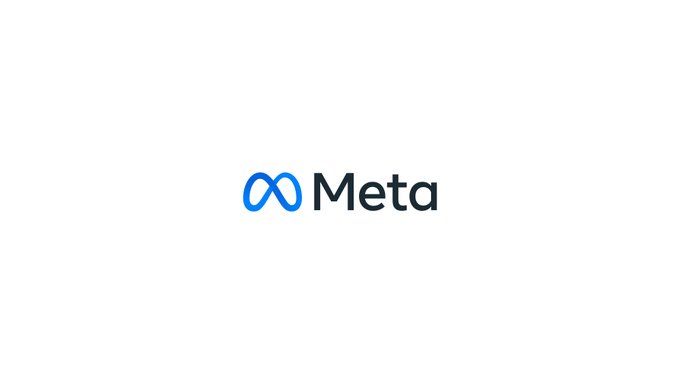Building on recent reports that Meta has explored the possibility of offering an ad-free subscription tier for both Facebook and IG, The Wall Street Journal has now detailed the proposed pricing for these new options, based on a proposal that Meta submitted to E.U. officials last month.
The impetus for its proposed ad-free options is the E.U.’s evolving data privacy regulations, which are putting more strain on the company’s capacity to use personalization based on user activity. With that no longer being an option for many E.U. users as a result of the new Digital Services Act (D.S.A.), Meta has considered allowing ad-free subscriptions in the E.U. as an alternative, which would then enable it to continue to provide an optimal user experience (i.e. users wouldn’t be hit with irrelevant ads), while still generating equivalent revenue per user.
In other words, Meta’s concerned that if it has to show users untargeted ads, that’ll lead to a lesser user experience, which will impact overall usage. And as such, a subscription-based, ad-free version could be a better alternative, even if it would be a drastic shift.
According to WSJ, Meta’s preliminary plan projects the cost of an ad-free Facebook to be around $US14 per month, or $US17 per month to cover both Facebook and Instagram.
Which seems like a lot, but then again, some users would no doubt pay up, and Meta could use that as a building block to create more streamlined, ad-free versions of its apps.
The main difficulty in pricing such a service is ensuring that Meta continues to maximize its revenue potential, while capping its revenue intake through a set monthly cost.
For example, based on its most recent performance update, Meta currently generates $US17.88 per quarter from each E.U. user, based on ad exposure on Facebook alone.

That equates to at least $US6 per month that Meta would need to replace, per user, if they were to opt-out of seeing ads on Facebook alone, while Meta also needs to weigh up how a monthly charge would impact future earnings potential from ads, based on both how many users sign-up for its ad-free option, and how long it keeps its pricing steady.
Yet, even with this in mind, $US14 per month does seem steep. But maybe Meta’s looking to start high and see what response it gets, or it could be factoring in all of these elements, leading to a higher-than-current price.
Either way, it’s a big ask. $US200 per year for an ad-free Facebook and IG? Would you pay it?
Again, as other social media subscription packages have shown us, at least some people will pay up, and maybe, as a result of the D.S.A. shift, Meta can use that as an impetus to promote this as a more beneficial offering, freeing people from distracting promotions, and paid political campaigns, for a monthly fee.
Though I do think Meta would likely need to also sweeten the deal, maybe by merging this into its Meta Verified package, or incorporating some additional elements.
It is interesting to also see more subscription packages coming into play for social apps, which X owner Elon Musk predicted. Elon’s prediction was more based on AI bots, and increasingly sophisticated bot creation processes, which will eventually make it impossible for platforms to weed out the fakes, unless they start charging real users.
That’s not exactly what’s happening in this case, but even so, it does seem that this prediction could have some validity to it, with a range of factors now prompting expanded subscription offerings.
That said, I don’t think that Meta will ever move to a wholly subscription-based model, especially while it’s trying to maximize take-up of its next-level metaverse, which will only gain traction through broader adoption. Keeping access free, then, is the best path forward.
But it is interesting, either way.



